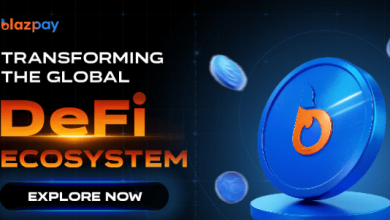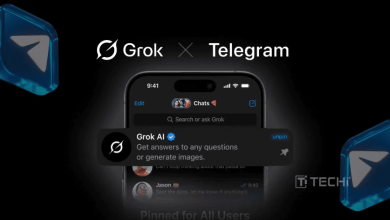Digital Gold as an Emerging

Asset Class: What Investors Need to Know
As India’s investment landscape evolves, a new form of asset has started to shine brightly among both retail and seasoned investors alike: digital gold. This modern incarnation of one of humanity’s oldest stores of value is fast becoming a compelling alternative for those looking to balance convenience, liquidity, and security.
For generations, gold has been more than just a precious metal in Indian households. It’s a symbol of wealth, a safe-haven asset, and a cornerstone of traditional financial planning. However, the emergence of digital infrastructure and changing investor behavior have paved the way for gold’s digitized avatar to become a mainstream investment class in its own right.
What is Digital Gold?
At its core, digital gold is simply physical gold stored securely by a custodian, while the investor owns a fractional share of it in digital form. This format allows buyers to invest in gold without the challenges of physical handling—no worries about purity, storage, or insurance.
Transactions are conducted online through platforms that partner with trusted gold providers and vaulting agencies. For every unit of digital gold bought, an equivalent amount of physical gold is stored in secure, audited vaults.
Why is Digital Gold Gaining Traction?
Several factors are contributing to the rise of digital gold as an asset class in India:
- Accessibility: Unlike traditional gold buying, which often requires significant capital, digital gold can be purchased for as little as one rupee. This democratizes gold investment, allowing even first-time investors or students to participate.
- Convenience: Digital gold can be bought, sold, and tracked 24/7 via mobile apps or online platforms. There’s no need to visit a jeweler or bank.
- Security: Leading platforms work with certified vaults and provide insurance coverage, ensuring the gold is securely stored and audited.
- Transparency: Investors have access to real-time market prices, transaction history, and digital certificates of ownership.
- Liquidity: Selling digital gold is as easy as buying it, often taking just seconds to convert holdings back into cash or even physical gold.
The Shift in Investor Behavior
The shift toward digital assets isn’t unique to gold. As millennials and Gen Z become more prominent in the investing ecosystem, their preferences are reshaping the way financial products are packaged and delivered. Convenience, flexibility, and digital-native access are now as important as returns.
Many young investors, wary of volatile markets or wary of crypto risks, see digital gold as a stable asset that offers the best of both worlds: the trust and tangibility of gold, with the efficiency of fintech.
In a recent study by a fintech platform, over 60% of digital gold buyers were under the age of 35. This indicates a clear generational tilt in favor of digitized wealth-building tools.
Regulatory Landscape and Safety
Although digital gold is not regulated by SEBI or RBI as a financial product yet, reputable platforms adhere to strict standards, including third-party audits, transparent pricing, and tie-ups with leading gold providers like MMTC-PAMP or Augmont.
Experts advise investors to choose platforms that provide complete documentation, insured storage, and redemption options in both cash and physical gold.
Use Cases Beyond Investment
Interestingly, digital gold is also being integrated into other financial products and services. From being used as collateral for instant loans to forming part of systematic investment plans (SIPs), its utility is expanding.
Some platforms even offer features like gold savings plans for children’s education or weddings, capitalizing on the cultural importance of gold in Indian life.
For those looking to get started or diversify their portfolio, platforms like eBullion make it easy to buy digital gold online with just a few clicks, offering a user-friendly experience backed by secure storage.
Risks to Consider
Like any investment, digital gold is not without its risks. Price fluctuations based on global gold markets still apply. Additionally, since the sector isn’t fully regulated yet, choosing the right platform is critical.
It’s also important to understand the associated fees. While buying may be free on some platforms, storage or redemption may incur minor charges.
Future Outlook
Digital gold is still in its early stages, but its trajectory is promising. Analysts believe it could become a core component of digital wealth portfolios, especially as India continues to embrace fintech and mobile banking.
Government policies, future regulations, and increased integration with other financial products will further cement its place in the modern investor’s toolkit.
According to Anuj Kapoor, a financial strategist based in Mumbai, “Digital gold fills a unique gap in the investment world. It caters to both the emotional and financial side of Indian investors. It’s not just a trend—it’s a shift.”
Final Thoughts
For investors who want the safety of gold without the logistical hassle, digital gold offers an elegant solution. It brings together the old and the new—the timeless value of gold with the power of digital access.
As awareness grows and more trusted platforms enter the space, digital gold could well be the gateway for millions of Indians to begin their investing journey or diversify an existing one.
Whether you’re a first-time investor or a seasoned portfolio manager, it’s worth taking a closer look at this emerging asset class—because digital gold is not just the future, it’s already here.

Source: Digital Gold as an Emerging



